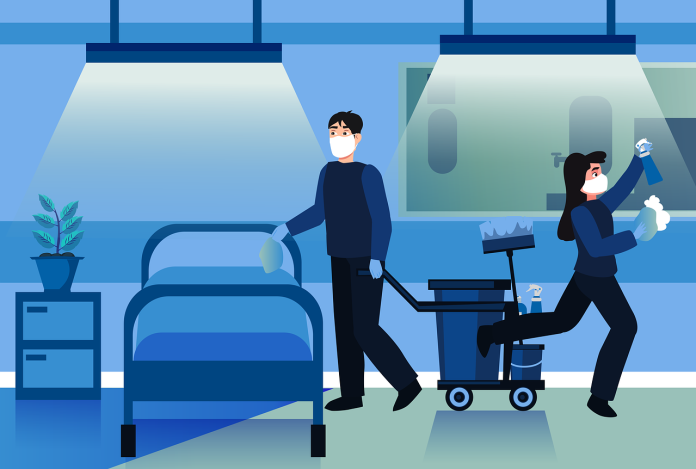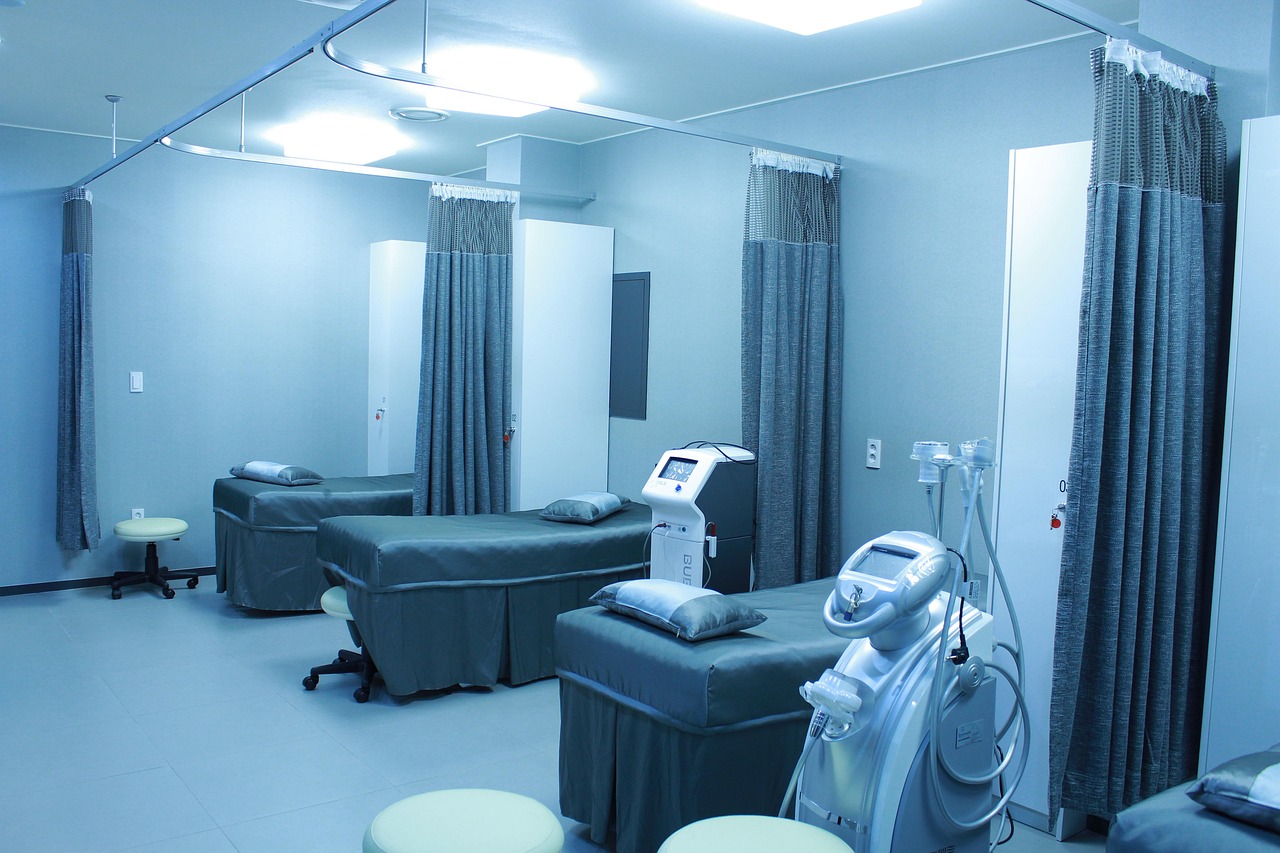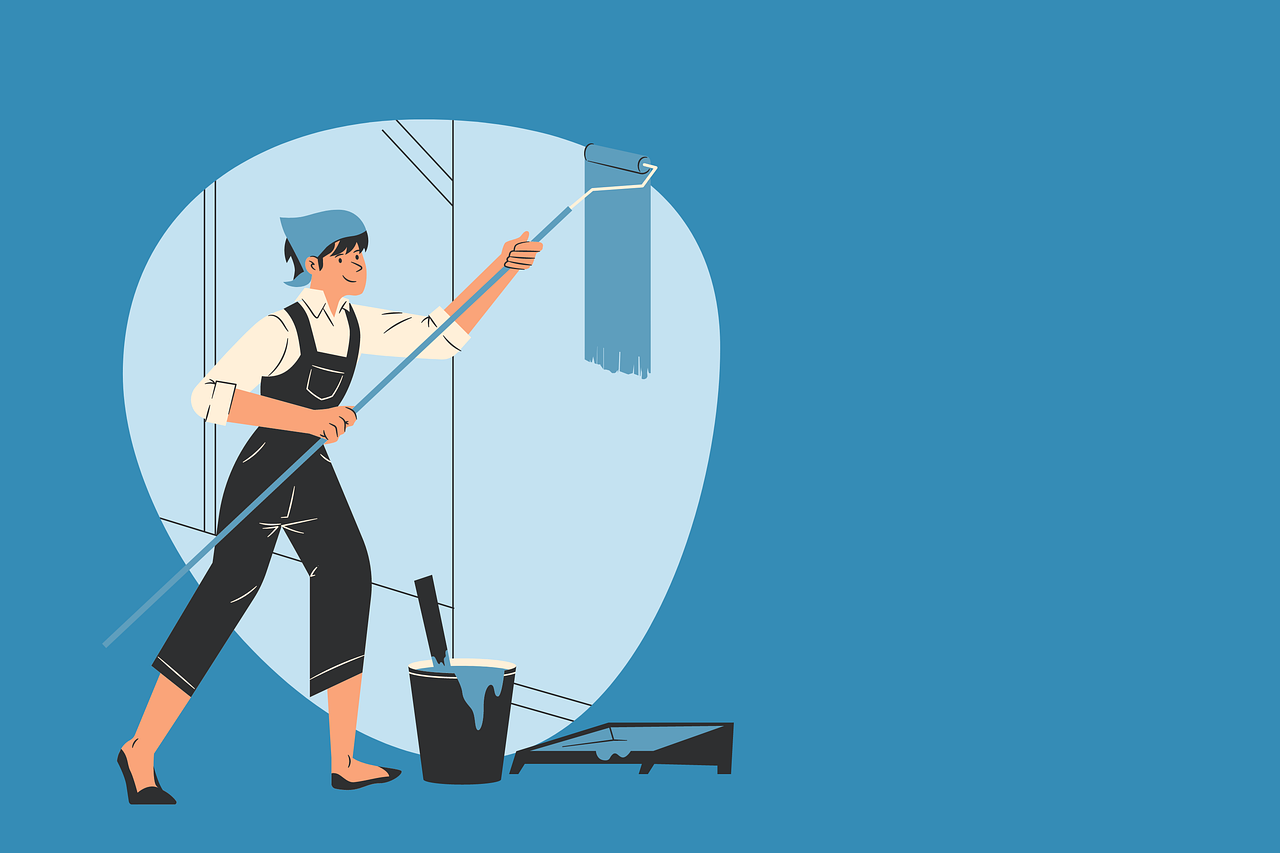Learn how specialized cleaning enhances patient safety in healthcare settings in this post.
Hospitals and medical centers are designed to heal, but without rigorous cleaning practices, they can also expose vulnerable patients to serious risks. Every surface—from a waiting room chair to an operating table—has the potential to harbor bacteria, viruses, or fungi if not properly maintained.
This is why specialized cleaning is not a luxury but a necessity. Partnering with a trusted hospital cleaning company in NJ ensures that healthcare environments meet the highest standards of hygiene, protecting both patients and staff while keeping facilities compliant with regulations.
Table of Contents
Why Healthcare Cleaning Is Different
Unlike standard office or commercial spaces, hospitals present unique challenges. Patients with compromised immune systems share close quarters, medical staff handle sensitive equipment, and procedures are performed in sterile conditions where even minor contamination can have dangerous consequences.
A typical janitorial approach simply isn’t enough. Instead, healthcare cleaning requires:
- Targeted disinfection of high-touch areas
- Strict infection control protocols
- Use of hospital-grade cleaning agents
- Proper handling of hazardous and bio-waste
- Consistent monitoring to ensure compliance
The stakes are much higher in healthcare. Where dirty floors in an office might be a nuisance, in a hospital they could contribute to the spread of hospital-acquired infections (HAIs).
The Threat of Hospital-Acquired Infections
The Centers for Disease Control and Prevention (CDC) estimates that hundreds of thousands of patients in the U.S. contract HAIs each year.
These infections can arise from something as small as a contaminated doorknob or an improperly cleaned bedrail. The financial and human costs are staggering—extended hospital stays, increased healthcare expenses, and in some cases, preventable deaths.
Specialized cleaning services focus on reducing these risks by identifying and disinfecting hotspots where pathogens are most likely to spread. Bedside rails, call buttons, IV poles, and restroom fixtures are treated with hospital-grade disinfectants proven effective against dangerous microorganisms like MRSA and C. difficile.
Training and Expertise in Healthcare Cleaning
Another key difference is the level of training required. A professional team providing medical-grade cleaning is equipped with knowledge and certifications that go far beyond standard custodial work. Staff members are trained in:
- Proper use of disinfectants and sterilization equipment
- Infection control best practices
- Safe handling and disposal of biohazardous waste
- Personal protective equipment (PPE) protocols
- Emergency spill and contamination response
This specialized training ensures cleaning isn’t just thorough but also safe for both staff and patients. Without it, even well-intentioned efforts can backfire, spreading contaminants instead of eliminating them.
Compliance With Regulatory Standards
Healthcare facilities must comply with strict hygiene regulations from organizations such as the CDC, OSHA, and Joint Commission. Non-compliance can lead to penalties, lawsuits, or even loss of accreditation.
Specialized cleaning services are built around meeting and exceeding these standards. Routine audits, documented cleaning logs, and consistent monitoring create transparency and accountability, which are essential in regulated environments.
For administrators, working with professional cleaners means peace of mind. They know their facility is inspection-ready at any moment, with protocols in place to prove compliance.
Technology Driving Modern Healthcare Cleaning
Cleaning in medical settings has become more advanced thanks to new technologies. Hospitals now use:
- Electrostatic sprayers that apply disinfectant evenly, covering hidden surfaces
- UV-C disinfection systems to kill pathogens in rooms between patients
- HEPA filtration vacuums that improve air quality and reduce airborne contaminants
- Digital monitoring systems that track when and where cleaning was performed
- Robotics and automation for repetitive cleaning tasks in hallways or common areas
These tools reduce human error, speed up cleaning cycles, and provide an extra layer of security in sensitive spaces like operating rooms.
Patient Confidence and Reputation
In today’s healthcare environment, cleanliness isn’t just about safety—it’s also about perception. Patients and their families notice the details: the shine of the floors, the smell of disinfectant, and the overall sense of hygiene in a facility. A visibly clean environment instills confidence and builds trust, reassuring patients that they are receiving care in a safe place.
Conversely, poorly maintained spaces can raise doubts, even if the medical staff is world-class. In a competitive healthcare market, reputation matters. Specialized cleaning plays a direct role in shaping that reputation.
Cost Savings Through Prevention
While professional medical cleaning services may seem like an added expense, they often save money in the long run.
Preventing infections reduces hospital stays, lowers readmission rates, and avoids the costly legal and regulatory consequences of hygiene-related failures. Clean equipment and surfaces also last longer, reducing replacement costs. Prevention is always cheaper—and safer—than dealing with the fallout of contamination.
Working with a professional medical grade cleaning service ensures these preventive measures are carried out consistently and effectively, reducing risks while optimizing resources.
Clean Facilities, Safer Patients
In healthcare, cleaning is about more than appearances—it’s about survival. Specialized cleaning protects patients from infection, ensures compliance with strict regulations, and supports the mission of healing.
By investing in expert hygiene services, hospitals and clinics not only improve safety but also strengthen trust with the people they serve. A spotless environment is more than a standard—it’s a promise of care, protection, and professionalism.
Conclusion
In summary, specialized cleaning in healthcare settings is essential for safeguarding patient health, ensuring regulatory compliance, and enhancing overall confidence in medical facilities.
By combining trained personnel, advanced technologies, and rigorous protocols, hospitals and clinics can prevent infections, protect staff and patients, and maintain a reputation for excellence.
Ultimately, investing in professional medical-grade cleaning is not just about hygiene—it is a vital commitment to safety, trust, and quality care.
INTERESTING POSTS
About the Author:
Amaya Paucek is a professional with an MBA and practical experience in SEO and digital marketing. She is based in Philippines and specializes in helping businesses achieve their goals using her digital marketing skills. She is a keen observer of the ever-evolving digital landscape and looks forward to making a mark in the digital space.










